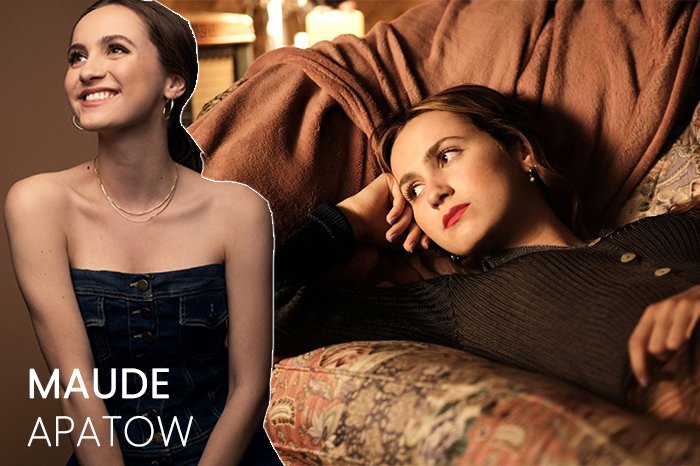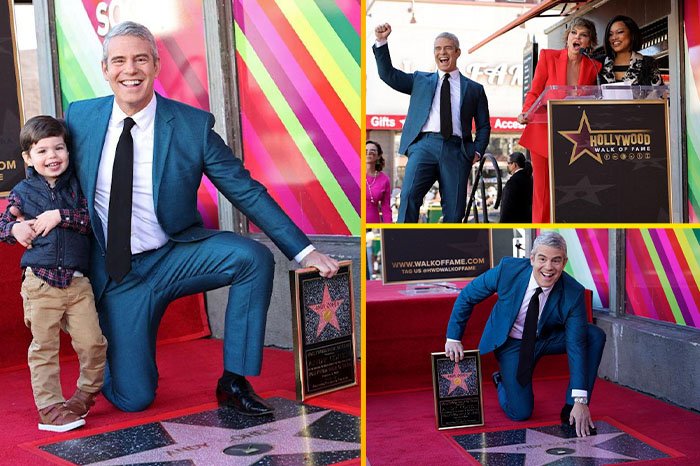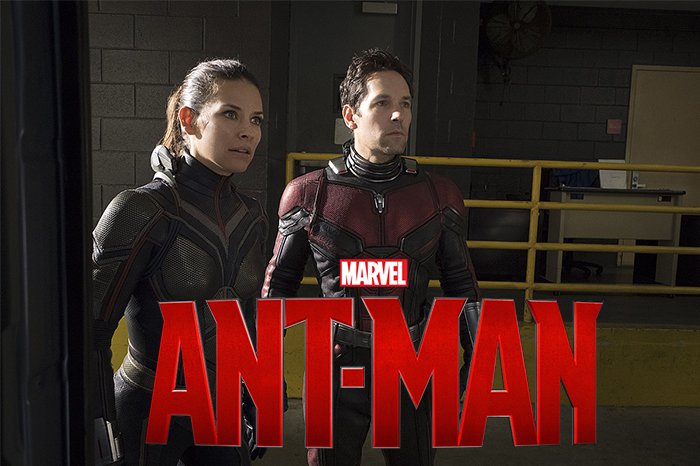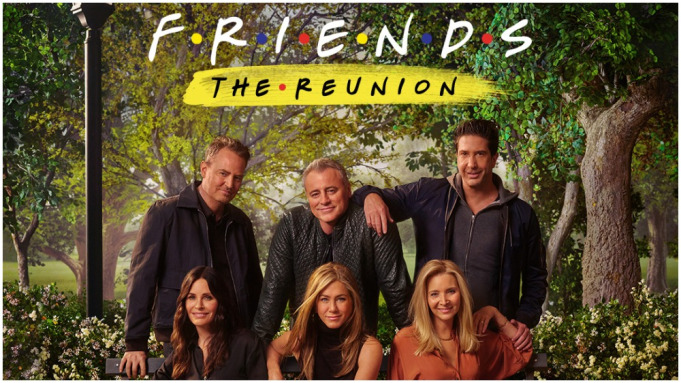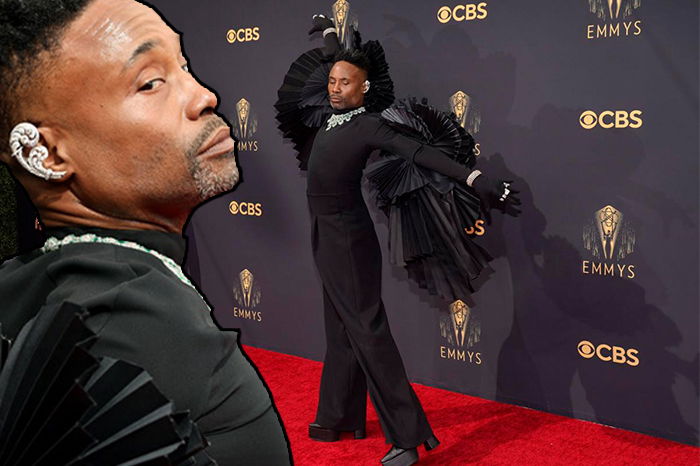 Image Source: Quantico Wiki – Fandom, Esquire
Image Source: Quantico Wiki – Fandom, Esquire
Ever wondered what it is like to be deaf? Tune into CODA, a film starring deaf actress Marlee Matlin and you can get a fair measurement into the life of a deaf person. Marlee Matlin and Bradley Whitford recently came together for a Variety interview where they talked about CODA and Tick Tick Boom!
Appreciating and admiring CODA, Bradley Whiteford began, "I have seen “CODA” three times, and Marlee knows my heart is the size of a raisin when it comes to movies. I love this movie so much, and I was weeping with my wife and my daughter watching it." The actor then asked Marlee Matlin how she managed to create the film.
Explaining the process of putting together CODA, Matlin shared, "I’m always looking for good work, to play characters that are a challenge. When I had Henry Winkler as my mentor, he said, “If you have something that really excites you, go for it.” And this script really excited me. It grabbed my heart. I knew it would captivate a lot of people because there were so many perspectives in this film — music, sign language, deaf culture, fishing."
She continued, "I met with the director, Sian Heder, and we talked for three hours at breakfast, yet we never touched our food. We went back and forth about everything in the script, and I simply fell in love with it."
Marlee Matlin received an Academy Award back in 2017 and is the only deaf performer to have won the acclamation. Referring to the fact, Whitford said, "You are arguably the most prominent deaf actor in American culture. I know you have always been fighting for the deaf acting community to have acting experiences that are not singularly about the fact that they are deaf actors."
Explaining that he himself was free of any such obligation, Whitford asked Matlin what it is like for her to bear the responsibility of representation.
"When I got cast in “Children of a Lesser God,” I remember thinking to myself, “I’m in a movie. Wow. What an experience I’m going to have.” The next thing I knew, I started to get people saying, “You have to represent us.” I didn’t know what it meant to represent your own community. I didn’t understand the politics of representation," said the actress.
"I didn’t understand authenticity. Everything piled on top of me at the same time. I get the advantage of being in the public eye. But all those years of talking about it fell on deaf ears. I finally realized it when I was sitting in front of the Senate in a committee on Capitol Hill, talking about the importance of closed captioning," she admitted. "But now I’m saying, “I can’t do this all by myself.” Other people need to add their voice in."
Whitford congratulated Matlin, letting her know that her labor and her toil to represent her community have helped her create amazing films and characters. He appreciated her character Emilia Jones, saying that the character "blew my mind."
Recalling a scene in the film where Ruby, her character's daughter asked her if she wished her child to be deaf, Matlin said that "That scene was challenging."
"I am a mother of four, and they’re all hearing like Ruby is in the film. When I got pregnant with my first child, which was a girl, I said to my husband, Kevin, who isn’t deaf, that I am going to let my child be themselves, not to mold them into my deaf world,," she divulged. "It took me a few takes to understand Jackie’s motivation."
The actress also shared, "Being on the set of “CODA,” I was in my element. I’m not talking about as an actor. I’m talking about going to work for the first time, having so many interpreters, looking at so many deaf actors in the makeup trailer signing."
The actress then asked Whitford why the two did not begin a conversation earlier on. "On “West Wing,” you would see me always with my interpreter. You never invited me to your trailer. I get it. People have their own preferences of who they want to eat with or the time they want to spend on the set. I loved the actors I worked with on “West Wing,” but my fear was communicating during downtime."
The actors then enjoyed a conversation from their days on West Wing and how it changed their perception of the world. "I remember being really intimidated," said Whitford referring to the conversations that he witnessed but could not understand.
"My father only saw the pilot before he passed away," he shared, "But I remember him turning to me and saying, “It looks great. I have no idea what’s going on.” Aaron knows what he’s saying, these characters know what they’re saying, but Aaron is racing just ahead of the audience."
Using sign language as a mode of conversation, Matlin was not given the privilege to create her own signs and carry on with them. Sharing an experience from her shoot sets, the actress said, "I’m playing a pollster, and my job was to remember numbers. I was crummy in math growing up. So I asked Aaron, “Not everybody knows sign language. Can I make up some signs and numbers?” And he goes, “No! You have to be as specific as the script is.” I thought to myself, if you and the rest of you have to deliver your lines exactly what’s written, I have to be just as precise with my sign language."
"I think about this a lot," said the actor, agreeing with Matlin. "You would never go to William Shakespeare and go, “Bill, I’ve already said, ‘To be or not to be.’ Do I have to say, ‘That is the question?’” We all knew our lines because you learned very quickly that it would be a soul-sucking day if you came to work and didn’t."
The two actors then appreciated the works of Stephen Sondheim, and Marlee Matlin gushed that she wanted to see 'Hamilton' even if she couldn't hear what was going on, just to witness Sondheim's brilliance.
